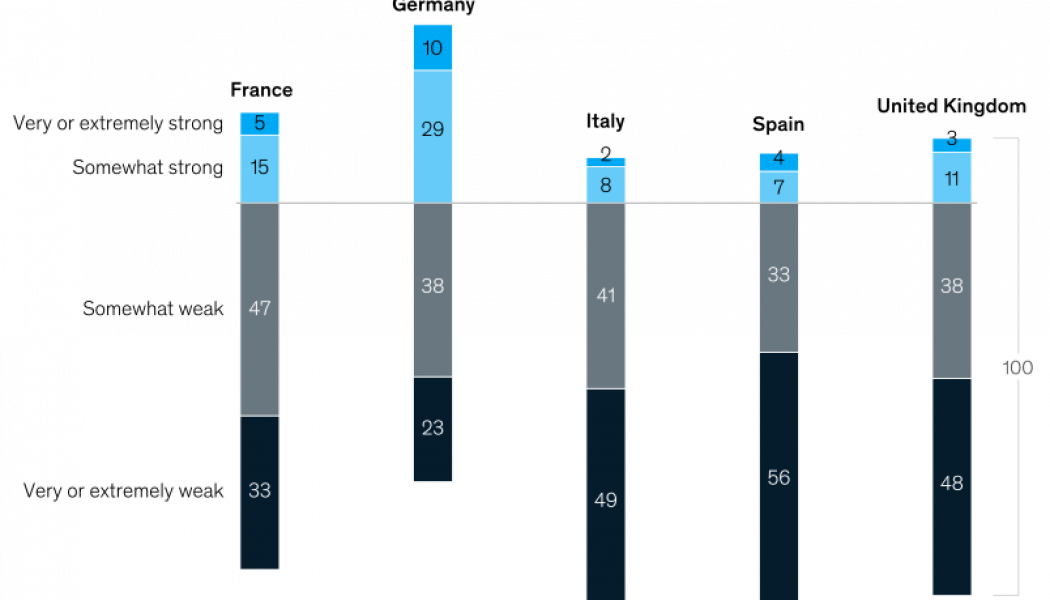eCommerce Adoption
Will an eCommerce Boom Benefit South African Consumers?
The acceleration of eCommerce as the global COVID-19 pandemic revolutionises buying trends is giving rise to exciting new developments in the financial technology industry. According to research by the United Nations Conference on Trade and Development (UNCTAD), eCommerce’s share of global retail trade grew from 14% in 2019 to about 17% in 2020. And the phenomenon shows no signs of slowing down. “Businesses and consumers who were able to ‘go digital’ have helped mitigate the economic downturn caused by the pandemic,” says UNCTAD Acting Secretary-General Isabelle Durant. /* custom css */ .tdi_3_7e3.td-a-rec-img{ text-align: left; }.tdi_3_7e3.td-a-rec-img img{ margin: 0 auto 0 0; } “But they have also sped up a digital transition that will have lasting impacts on our societies and daily live...
How Telematics is Driving eCommerce during COVID-19
If ever there was a time for the eCommerce sector to adopt telematics technology, it would be now: COVID-19 has disrupted the retail landscape, with more South Africans now choosing e-commerce as their preferred shopping channel over traditional brick-and-mortar stores. According to a Mastercard study, as much as 68% of South African consumers said they are shopping more online since the onset of the pandemic. More online shopping means that there are more deliveries to be made, and the logistics industry has had to scale operations to meet the growing demand. The various levels of lockdown, COVID-19 regulations and people working from home have created a greater reliance on home deliveries, with the industry now findi...
New Online Retail Platform Launches in South Africa
Netcash has partnered with Ecwid E-Commerce to launch Netcash Shop. Powered by Ecwid E-Commerce’s platform, Netcash Shop is expected to allow merchants to create a digital eCommerce store where they can sell their products. And thanks to the tight integration with Netcash’s Payment Gateway, merchants can accept a wide range of payments options. According to the companies, merchants who use Netcash Shop will pay half as much as those using alternative eCommerce platforms and shopping cart options. For companies that already have a website, a Netcash Shop shopping cart or shop can easily be added to a site built on a content management system like WordPress, Wix or Joomla. /* custom css */ .tdi_3_fb7.td-a-rec-img{ text-align: left; }.tdi_3_fb7.td-a-rec-img img{ margin: 0 auto 0 0; } Tho...
Why SMEs are the Lifeblood of the South African Economy
Small and medium-sized enterprises (SMEs) represent a staggering 98% of business in South Africa today. The fact that SMEs also employ between 50 and 60% of the country’s workforce and are responsible for a quarter of the job growth in the private sector – according to McKinsey – means they truly are the backbone of the South African economy. Yet it is SMEs that have borne the brunt of the COVID-19 pandemic. Lockdown regulations have wreaked havoc, with the cash flows essential to sustaining smaller businesses completely drying up in some instances. Tragic stories of once-thriving businesses having to close their doors litter the financial landscape, and certainly, the virus could not come along at a worse time for owners already grappling with a precarious economy prior to its arrival. Bu...









